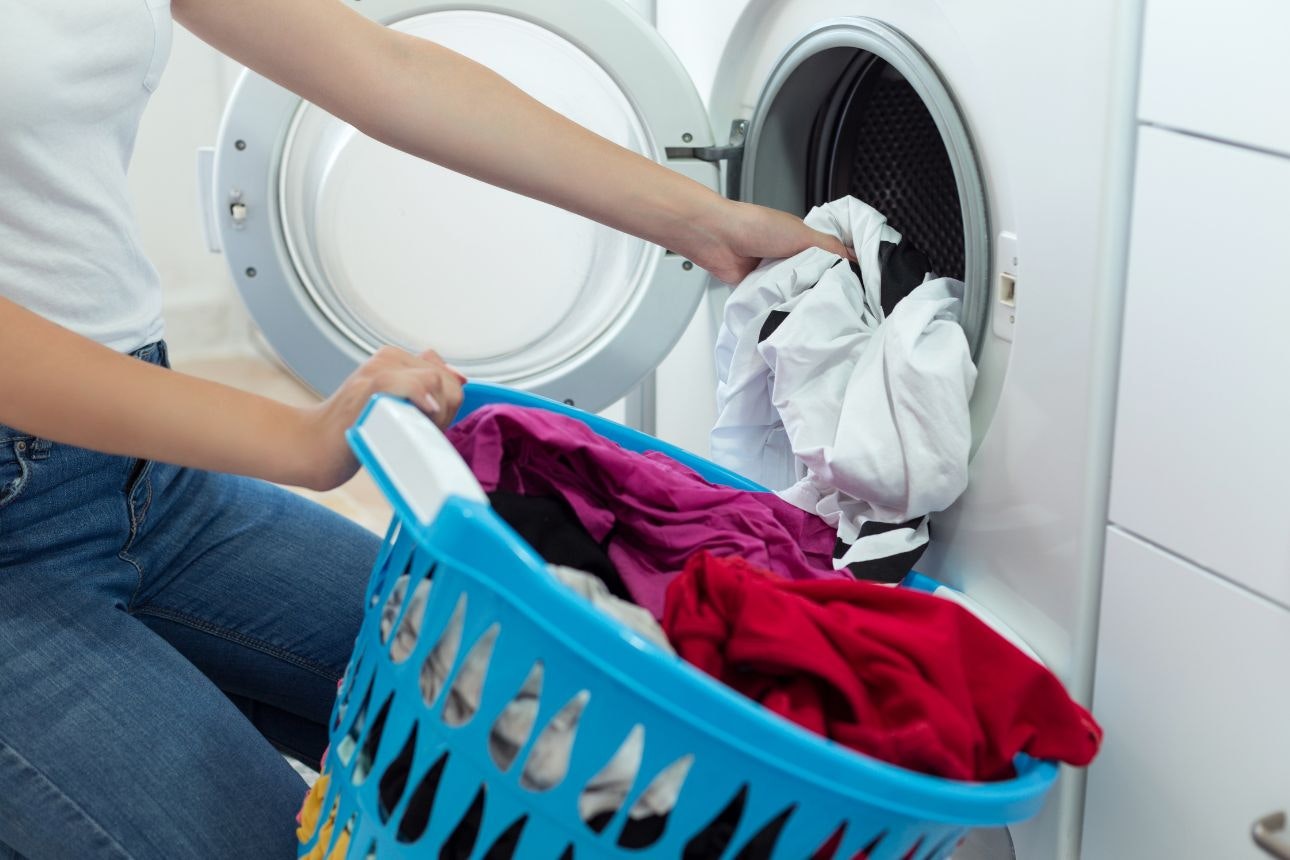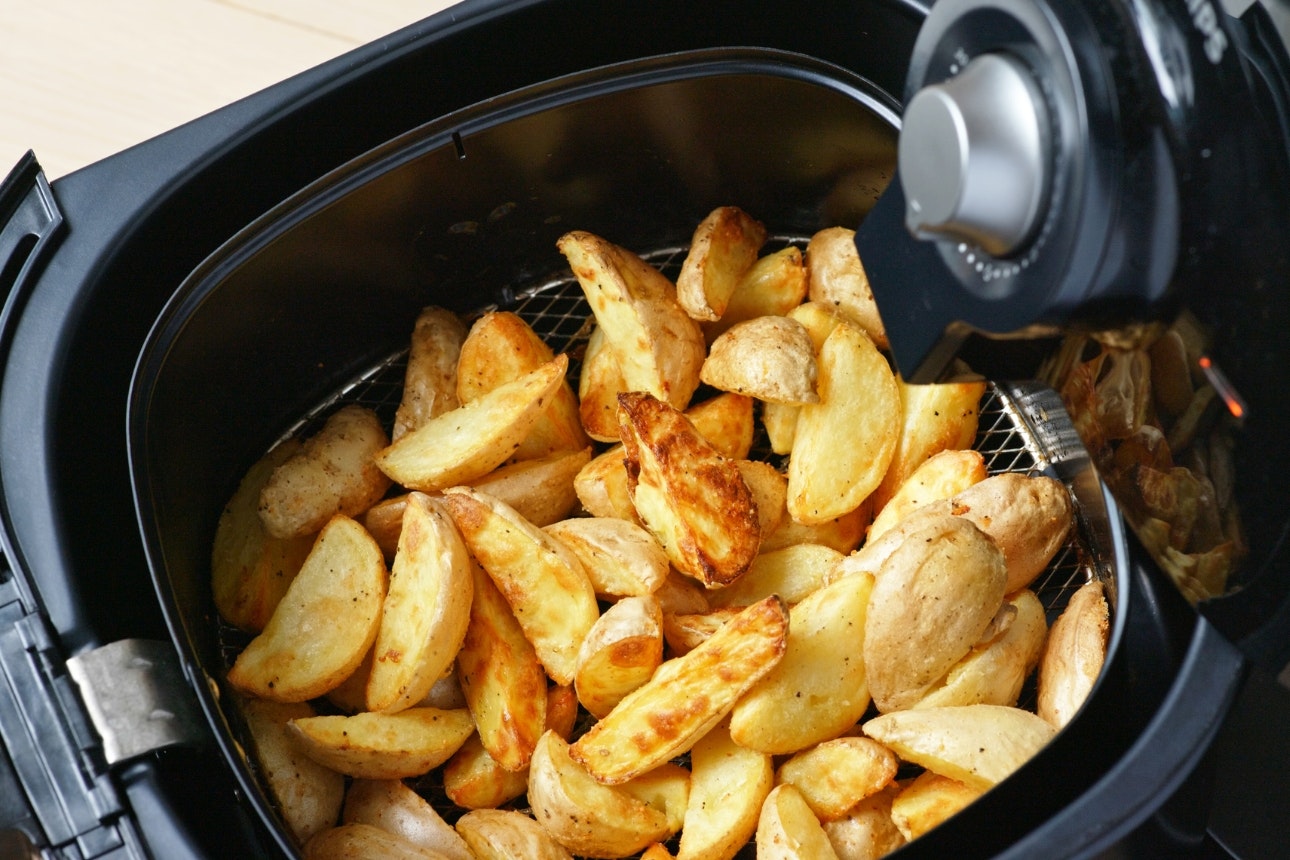Given the simplicity of an electric jug, you might expect them to all be the same – but they’re not. We’ve tested dozens of models for their ease of use, noise, boiling performance and energy efficiency.
Lifetime score
Our overall score combines test performance (how well the appliance works) with predicted reliability (how likely models from the brand are to remain free of faults) and owner satisfaction (how likely owners of the brand are to be very satisfied).
We’ll only recommend appliances you’ll love to own, that work well and keep working well for a long time.
Overall score breakdown
Overall score is made up of:
Ease of use (40%)
Noise (40%)
Boiling performance (10%)
Energy efficiency (10%)
Ease of use
Our ease-of-use assessment looks at the controls, ease of filling and pouring, balance of the kettle when picked up, comfort of the handle, ease of removing the kettle from the base, and the clarity of the water level indicator.
Noise
Noise was assessed midway through boiling-up and from 1m away. The higher the decibel reading, the louder it is. Quieter is better, so our “Test results” score for noise is an inverse rating. High dBA = low %; Low dBA = high %. As an example, 49dBA is reasonably quiet, so our score is 90/100; 60dBA is significantly louder, so our score is 60/100.
Boiling performance
We test each kettle with one litre of water. We record the total energy used and the time taken for the kettle to switch off automatically after the boiling cycle. For kettles with variable temperatures, we assess accuracy at each setting.
Predicted reliability
It’s reasonable to expect a new appliance to remain fault-free for at least the first five years. Our predicted reliability won’t tell you whether the washing machine in your laundry will spring a leak tomorrow, but it does show which brands make models that are less likely to fail.
Owner satisfaction
Satisfaction is important – no appliance should be a source of buyer regret. Appliances with very satisfied owners are more likely to get cleaned regularly and maintained well. Their owners are also more likely to seek repair for faults than look for a quick replacement.
Survey data 101
In our annual reliability and satisfaction survey, consumers tell us about faults that have left an appliance they own unusable or mean they’ve had to change how they use it. We also ask them how satisfied they are with the appliance. We use their data to produce our predicted reliability and owner satisfaction scores.
We use a statistical test to rate the relative performance of each brand. Compared to data we have for all products (of the same type) in the survey, we rate each brand with excellent (score 90), good (70), average (50), poor (30) or terrible (10) reliability and satisfaction. You can compare the rating of different brands for the same product type (for example, the reliability rating for Miele and Haier washing machines), but you can’t compare the results for different product types (for example, satisfaction of LG TVs and Samsung phones).
We analyse brands that get at least 30 responses in our survey. That means there are some brands we can’t analyse because we don’t have enough data. For those brands, we assume they have average (50) predicted reliability and owner satisfaction.
Our data is based on responses for 3027 kettles in our 2021 survey.
Was this page helpful?

Benchtop blender reviews

Clothes dryer buying guide

How we test air fryers
